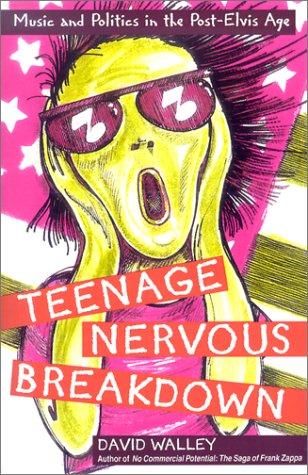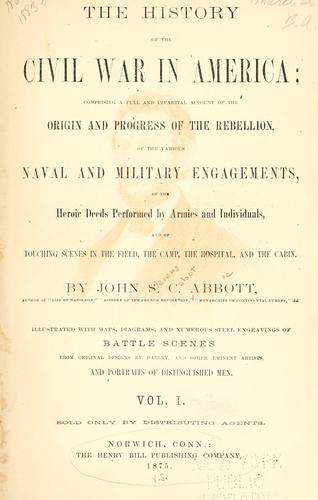
Teenage nervous breakdown
by
Teenage Nervous Breakdown: Music and Politics in the Post-Elvis Age details how a state of mind - which came out of 1950s-60s high school "American Graffiti" culture and peer group morals - was successfully transformed and commercially exploited. The book shows how, because of this, our lives and our world (if not the nature of American democracy) in the 1990s have been altered in the process.
David Walley shrewdly points out that in this post-Elvis age we are hostages to the corrosive effects of an increasingly celebrity-driven consumerism, itself the result of the cumulative effects of the commercial exploitation of high-school peer group dynamics. Animated by a throbbing rock-and-roll beat, this virulent form of consumerism has given rise to a multinational, adolescent-driven corporate consciousness in which MTV (Music Television) has become the virtual Voice of America.
The essays in this provocative book illustrate how this "evolution" took place and what has been its dubious contribution to American society. Among the issues at hand, Walley looks archly at the controversial effect MTV has had on national politics, delves into the how and why behind the rebirth of heroin chic, and talks about how rock and roll has affected our sexual selves.

![The Collected Works of Ambrose Bierce, Volume II. In the Midst of Life (Tales of Soldiers and Civilians) [15 stories]](/covers/OL7973330W.jpg)

